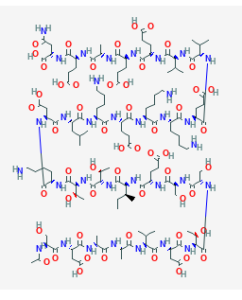Insulin is a hormone that regulates blood sugar levels, widely used in the treatment of diabetes to maintain glucose control and prevent complications.
1 Box – 10 vials
$458.00
Insulin is a hormone that regulates blood sugar levels, widely used in the treatment of diabetes to maintain glucose control and prevent complications.
1 Box – 10 vials
Insulin is a naturally occurring hormone produced by the pancreas that allows cells to absorb and use glucose for energy. In individuals with diabetes, either the body doesn’t produce enough insulin (Type 1) or cannot use it effectively (Type 2), leading to high blood sugar levels.
Medical insulin is administered via injection to manage blood glucose levels in diabetic patients. It comes in various forms such as rapid-acting, short-acting, intermediate-acting, and long-acting, each designed to mimic the body’s natural insulin pattern.
Research over the years has led to the development of advanced insulin formulations, including insulin analogs that offer more predictable absorption and longer duration. These improvements help patients achieve better glycemic control with fewer episodes of hypoglycemia.
Ongoing studies are exploring smart insulin systems, implantable insulin pumps, and even oral insulin delivery. Innovations in biotechnology continue to make insulin therapy more effective, user-friendly, and adaptable to individual needs.
| Product name | Insulin |  |
| CAS NO | – | |
| Quantity | 3ml | |
| Batch NO | OP-10256C |
Unopened insulin vials or pens should be stored in a refrigerator at 2°C to 8°C (36°F to 46°F). Do not freeze, and if accidentally frozen, the insulin should not be used.
Once opened or in use, insulin can usually be stored at room temperature (15°C to 25°C or 59°F to 77°F) for up to 28 days, depending on the product type. Keep it away from direct sunlight and heat sources.
Do not expose insulin to extreme temperatures. Always check the label and packaging for specific storage instructions provided by the manufacturer, as some insulin types may have slightly different guidelines.
Dispose of used or expired insulin and syringes safely in accordance with local medical waste regulations. Keep all insulin products out of reach of children and never use insulin past its expiration date.
| Specification | 3ml/1vials |
|---|
Login
Reviews
There are no reviews yet.